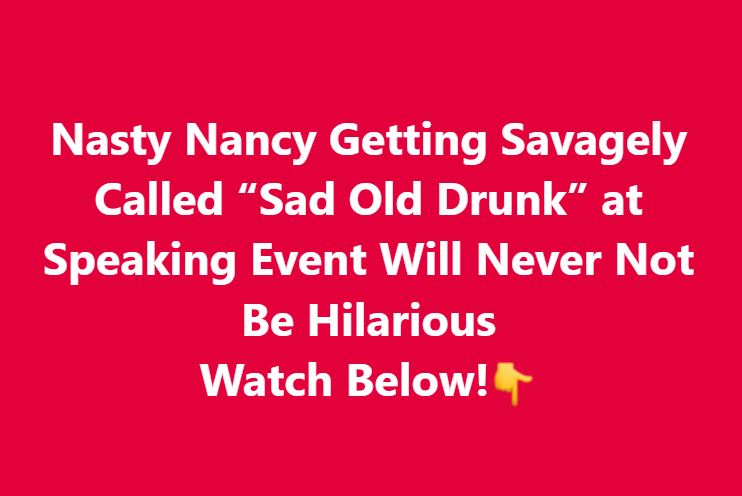A recent speaking engagement featuring Rep. Nancy Pelosi and economist Paul Krugman at the City University of New York’s Graduate Center took an unexpected turn. Several hecklers disrupted the event, launching scathing attacks on Pelosi’s foreign policy record and alleged corruption [1).
The interruptions, which occurred four times, saw the hecklers label Pelosi a “war criminal” and a “sad old drunk.” Their outbursts centered on her involvement in the Iraq war and supposed drinking habits.
One passionate heckler condemned Pelosi’s role in the Iraq war, demanding accountability for her actions. “You lied to us about WMDs in Iraq!” they shouted. “You got us into Afghanistan, and now 90% of those people are impoverished and dying. Why won’t you tell the truth about Nordstream? You’re leaving millions of Germans without energy!”
The intense confrontations underscored the deep divisions and strong emotions surrounding Pelosi’s policies. As the event struggled to maintain order, the hecklers’ relentless criticism put Pelosi on the spot, forcing her to confront the contentious issues head-on.
The incident has sparked a wider conversation about the tensions between politicians and their constituents, highlighting the need for constructive dialogue and accountability in public discourse.


